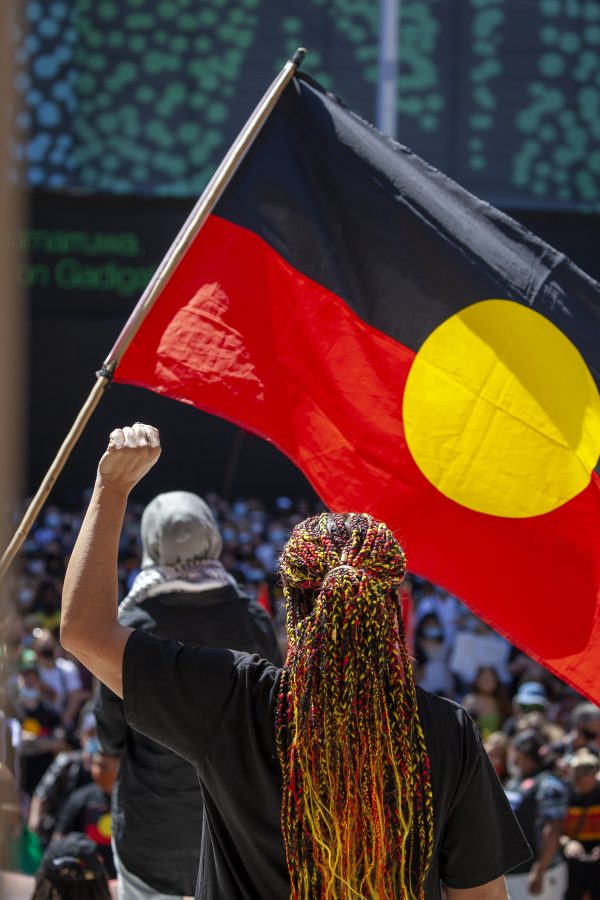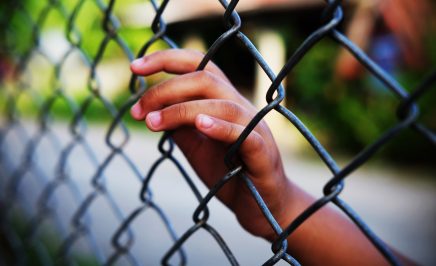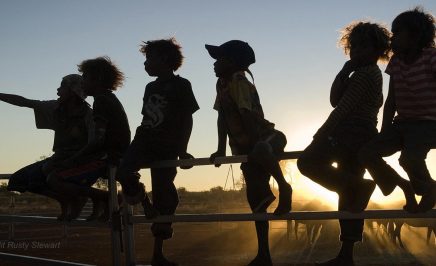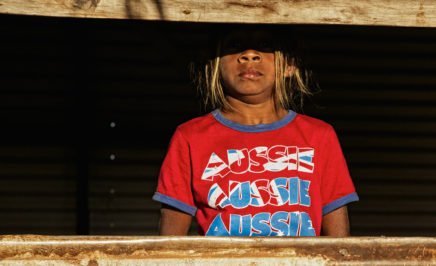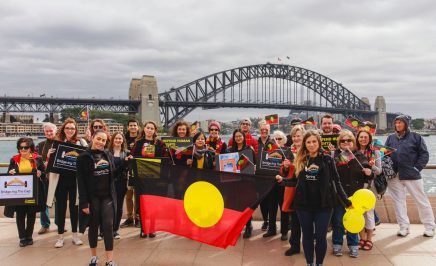I often don’t have the words to accurately represent my feelings in the lead up to January 26. I feel heavy, and my heart hurts. When January rolls around each year, I mentally prepare myself for the racism, the passive aggression, the trolls and the articles that come out debating my identity, my rights, my sovereignty as a blackfulla.
January 26 has been celebrated as ‘Australia Day’ only for as long as I’ve been alive – since 1994. Many people around my age were more outraged when Triple J decided to shift the Hottest 100 countdown to another day to be more inclusive, than they were hearing about what this day means to us as First Nations People.
See January 26 isn’t the anniversary of Federation, that happened on 1 January 1901. It’s not a long held tradition either, the first ‘Australia Day’ was held in July in 1915 to raise money for World War 1. Aboriginal People however, have been calling for a Day of Mourning on 26 January since 1938. Some 85 years later, Aboriginal and Torres Strait Islander People still march, for our survival, our mourning, and our rights.
Every year I pull out my flag, my shirt, my earrings and I get ready to march. I sit by the Maiwar and talk to my Dad who is no longer with us, but whose strength and spirit guides me every day.
A number of years ago, I thought that maybe there was merit in celebrating this country on a date that wasn’t synonymous with invasion, genocide, violence and trauma. I tweeted in support of changing the date, I think I even bought a shirt. As I’ve gotten older, attended more and more rallies and protests, and spent time listening to old people and staunch young ones, I’ve realised that changing the date isn’t enough.
Changing the date to a presumably less problematic one doesn’t take away the pain – it just moves it on to the next day. This country’s relationship with First Nations People is steeped in pain, and when we march and protest and rally, we’re demanding accountability, acknowledgement and action. Changing the date doesn’t hold governments accountable, it doesn’t acknowledge the mourning and pain our communities feel, and it doesn’t empower us.
Professor Gary Foley once said it’s not the date that needs to change, it’s the nation. Each year the conversation comes up like clockwork about whether we should celebrate, whether we should change, or whether we should abolish the date altogether. While that debate happens, our people march, we organise, we rally, and we protest.
I can’t tell you what to do or what to think, but I can tell you that my community and my people are tired. We have been fighting, surviving, resisting and being resilient for over 200 years and still we must fight. We must fight for our voices to be heard, for our kids to be kept in communities, families and out of prisons, for our land rights to be recognised and respected, for our cultures to be respected and our lives to matter.
This year is no different – I will march on Invasion Day, I will call for this day to be abolished, I will call for accountability from governments and institutions, I will hold space in my heart for all of the warriors we have lost since invasion, and those who can’t march with us. I encourage you to attend a local event if you can, and if you can’t here are some things you can listen to, watch, and read to further your understanding.
Ways to learn more
To listen:
- Frontier War Stories, Boe Spearim (anywhere you get your podcasts)
- Original Influencers, Digi Youth Arts (anywhere you get your podcasts)
- Talk Black, Get Up (talkblack.org.au)
To watch: (ABC iView)
- Still We Rise
- Dr Charles Perkins Oration 2022 by Larissa Baldwin
- First and Forever: A Celebration of Blak Excellence
To read:
- ‘Black and Blue: A memoir of racism and resilience’ by Veronica Gorrie
- ‘Boy from Boomerang Crescent’ by Eddie Betts
- ‘Sister Girl’ by Jackie Huggins
Maggie Munn (they/them) is a Gunggari person and the Indigenous Rights Campaigner for Amnesty International Australia.
